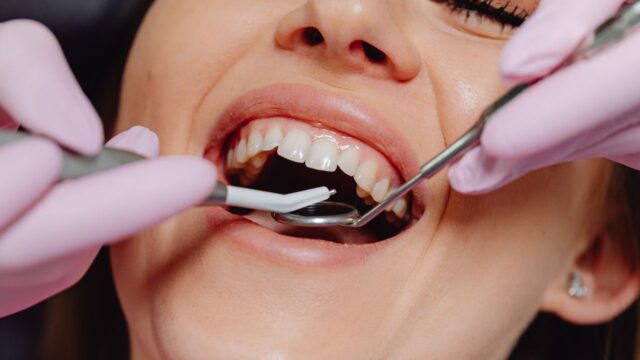
Dental insurance is often viewed as one of the most difficult and frustrating types of insurance to navigate. While most people understand the importance of dental care, they often find themselves feeling frustrated by the limitations of their dental insurance policies. In this blog post, we will explore some of the reasons why dental insurance is so bad, and what you can do to protect your oral health without relying solely on your insurance provider.
5 Reasons why your dental Insurance is bad
- Limited Coverage
One of the primary reasons why dental insurance is often considered “bad” is because it tends to offer limited coverage. Many dental insurance policies have low annual maximums, which means that once you reach that maximum, you will be responsible for all of your dental expenses for the rest of the year. Additionally, many dental insurance policies have waiting periods for certain treatments, which means that you may have to wait several months before you are eligible for certain procedures.
- High Out-of-Pocket Costs
In addition to limited coverage, dental insurance often comes with high out-of-pocket costs. Many policies require patients to pay a deductible before coverage kicks in, and copays or coinsurance for each visit or treatment. Even after insurance kicks in, it may only cover a small percentage of the cost, leaving the patient with a significant financial burden.
- Exclusions and Limitations
Another frustrating aspect of dental insurance is the numerous exclusions and limitations that are often included in policies. Certain procedures, such as cosmetic dentistry or orthodontics, may not be covered at all, leaving patients to pay for these treatments out of pocket. Additionally, some policies may limit the number of cleanings or other preventive treatments that are covered each year.
- Lack of Transparency
Navigating dental insurance policies can be difficult and confusing, in large part because insurance companies are not always transparent about what is covered and what is not. Patients may have to wade through pages of fine print to understand their coverage, and even then, they may not fully understand what is included. This lack of transparency can lead to frustration, confusion, and even anger among patients.
- Limited Provider Networks
Finally, dental insurance policies often come with limited provider networks, which means that patients may have to choose between using a provider that is covered by their insurance or paying out of pocket to see a provider they trust. Additionally, some policies may not cover out-of-network providers at all, which can make it difficult for patients who live in areas with limited dental providers.
So, what can you do to protect your oral health without relying solely on dental insurance? Here are a few tips:
- Invest in Preventive Care
The best way to protect your oral health is to invest in preventive care, such as regular cleanings and checkups. By catching dental issues early, you may be able to avoid more costly and invasive treatments down the road. Additionally, many dental providers offer discounts for patients who pay out of pocket, which may be more affordable than paying your insurance copay.
- Consider a Dental Savings Plan
Dental savings plans are an alternative to traditional dental insurance that may offer more affordable and transparent coverage. These plans typically have low annual fees and offer discounts on a wide range of dental services. Unlike insurance, there are no waiting periods or exclusions, so you can use your plan right away.
- Look for In-Network Providers
If you do have dental insurance, make sure you are choosing in-network providers to maximize your coverage. Some providers may offer discounts or other incentives for patients who use in-network providers, which can help reduce your out-of-pocket costs.
- Prioritize Your Oral Health
Finally, it’s important to prioritize your oral health by brushing and flossing regularly, eating a healthy diet, and avoiding habits that can damage your teeth, such as smoking or chewing tobacco. By taking care of your teeth and gums, you may be able to avoid more serious dental issues down the road, which can help reduce your overall dental expenses.
In conclusion, dental insurance can be frustrating and difficult to navigate due to its limited coverage, high out-of-pocket costs, exclusions and limitations, lack of transparency, and limited provider networks. However, by investing in preventive care, considering a dental savings plan, looking for in-network providers, and prioritizing your oral health, you can protect your teeth and gums without relying solely on dental insurance.
It’s important to remember that while dental insurance can help offset some of your dental expenses, it’s not the only solution for maintaining good oral health. By taking a proactive approach to your dental care, you can reduce your overall dental expenses and ensure that your smile stays healthy and beautiful for years to come.


































